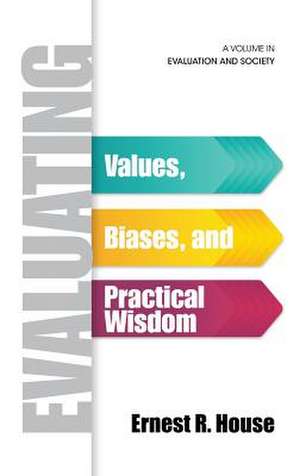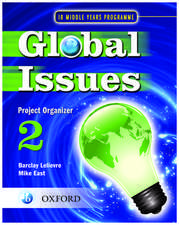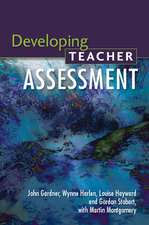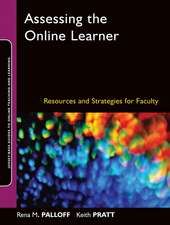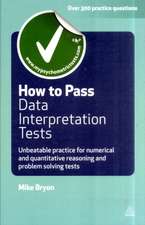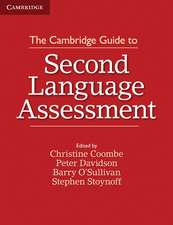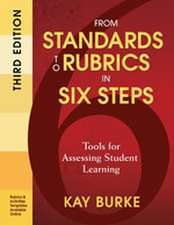Evaluating
Autor Ernest R. Houseen Limba Engleză Hardback – 15 dec 2014
| Toate formatele și edițiile | Preț | Express |
|---|---|---|
| Paperback (1) | 384.55 lei 6-8 săpt. | |
| Information Age Publishing – 15 dec 2014 | 384.55 lei 6-8 săpt. | |
| Hardback (1) | 581.88 lei 6-8 săpt. | |
| Information Age Publishing – 15 dec 2014 | 581.88 lei 6-8 săpt. |
Preț: 581.88 lei
Preț vechi: 684.56 lei
-15% Nou
Puncte Express: 873
Preț estimativ în valută:
111.35€ • 115.04$ • 92.63£
111.35€ • 115.04$ • 92.63£
Carte tipărită la comandă
Livrare economică 20 martie-03 aprilie
Preluare comenzi: 021 569.72.76
Specificații
ISBN-13: 9781623969165
ISBN-10: 1623969166
Pagini: 158
Dimensiuni: 156 x 234 x 11 mm
Greutate: 0.4 kg
Editura: Information Age Publishing
ISBN-10: 1623969166
Pagini: 158
Dimensiuni: 156 x 234 x 11 mm
Greutate: 0.4 kg
Editura: Information Age Publishing
